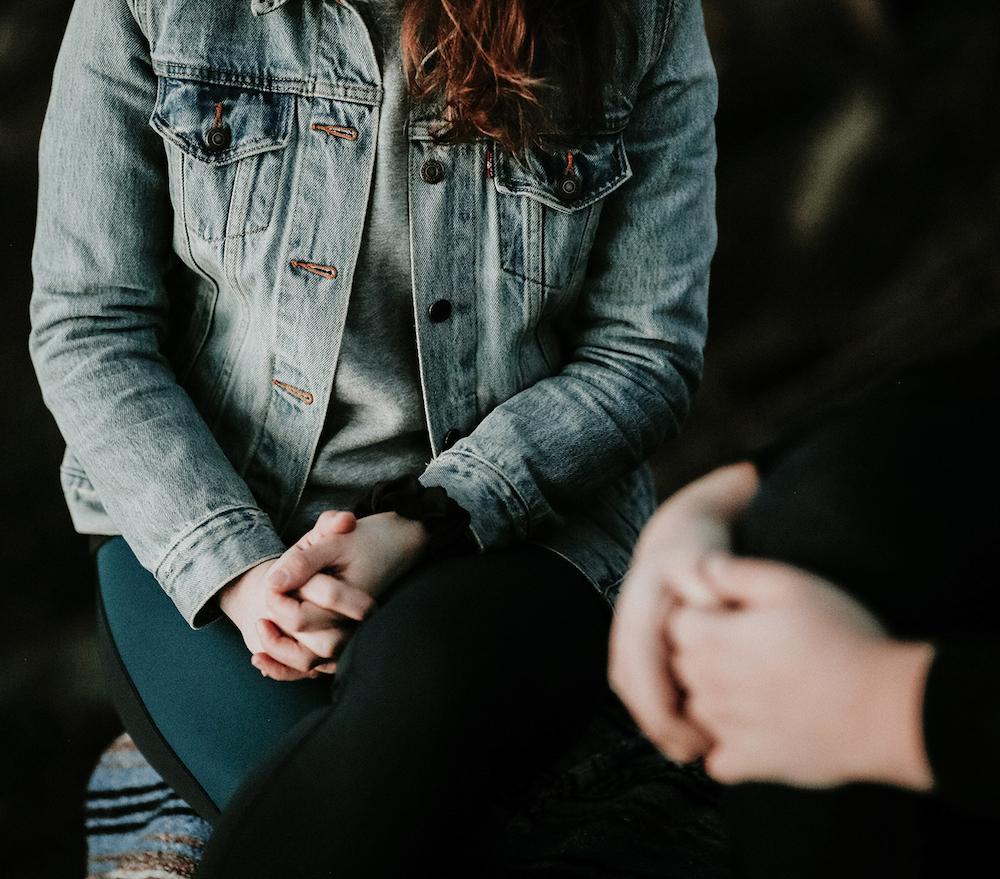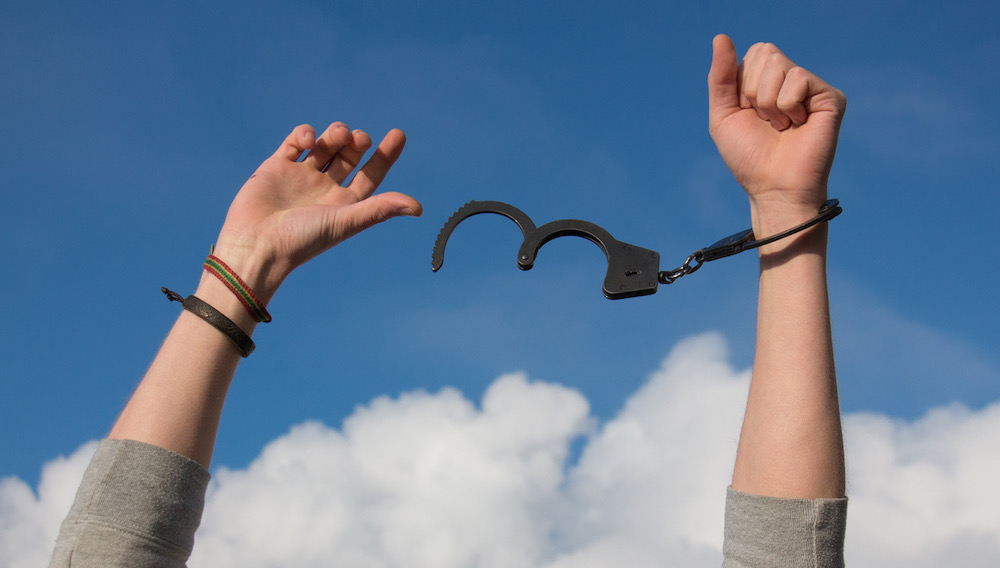MIAMI— At age 15, Kelly Hancock was hitting bars regularly in the South Florida’s Southwest Ranches community where she was raised.
As a graphic design student at the University of Florida in Gainesville, she continued drinking and habitually using drugs. Four years after college she had racked up so many DUIs that she can’t count how many times she went to jail.
Today, after 23 years of sobriety, she proudly tells anyone who listens that she got sober and saved in the same week.
“I didn’t consider God to have any hand in my life,” she says of her time as an addict.
During her last year of probation, her newly assigned officer told her that she wasn’t a criminal but rather an alcoholic and that she had two options: go to jail or go to treatment.
Hancock chose treatment.
“Between probation and starting treatment I went to Flamingo Road Church for an Easter Sunday service,” she recounts. “Pastor Dan Sutherland was preaching, and I got saved that day.”
 While in treatment Sutherland and other members from the congregation located in metropolitan Fort Lauderdale wrote her letters of support and motivation while providing rides from the half-way house to church every Sunday.
While in treatment Sutherland and other members from the congregation located in metropolitan Fort Lauderdale wrote her letters of support and motivation while providing rides from the half-way house to church every Sunday.
After her recovery, Hancock joined the Flamingo Road Church staff—now Potential Church—and became a certified addiction professional, working in the church’s Celebrate Recovery ministry.
She now attends The Local Church in Davie but continues to work with people dealing with addiction and mental health problems.
“What I am most grateful for is where God placed me to change. God provided me with the direction and the choice, but I had to do the work. I needed to have a simple but a deep relationship with Him.”
Almost 21 million Americans have at least one addiction, yet only 10 percent of them receive treatment, according to AddictionCenter.com–even men and women sitting in pews at church.
“Until the pulpit makes it okay to come forward to get help, people will not come forward,” Hancock said. “When the authority says that it’s okay then people will be okay to do it.”
Rick McClung, director of the “Most Excellent Way” recovery program of First Baptist Church in Panama City, agrees.
“When we get intentional about [helping others recover] we can be very effective.”
Most Excellent Way started 17 years ago when McClung joined the First Baptist staff. Today the program hosts meetings for men and women who are battling addiction as well as friends and family of addicts. During the week, program volunteers work with local prisons through an outreach program called “Care.”
Since January, 499 new believers have made professions of faith through the church’s Most Excellent Way program.
All the 25 volunteers who serve in the Panama City church’s recovery ministry were at one point involved in the program.
“We have hundreds of people who have their families back,” said McClung. “They serve in our choir and other ministries in the church including Most Excellent Way.”
McClung and Hancock have helped others start recovery ministries in their churches. It’s not a very costly ministry, said McClung. Rather the cost is in the effort and energy of the volunteers.
Other Florida Baptist churches with recovery ministries include Chets Creek in Jacksonville, Olive Baptist Church in Pensacola and The Local Church.
“I personally challenge churches to do this,” said Hancock. “Until we can look at that population of people with sins just like us then we will never reach them. All you have to do is love people.”
For additional information on how your church can become involved in this critical ministry, McClung can be reached at rmcclung@firstbaptistpc.com and Hancock can be reached at kellyhancockcap@gmail.com

